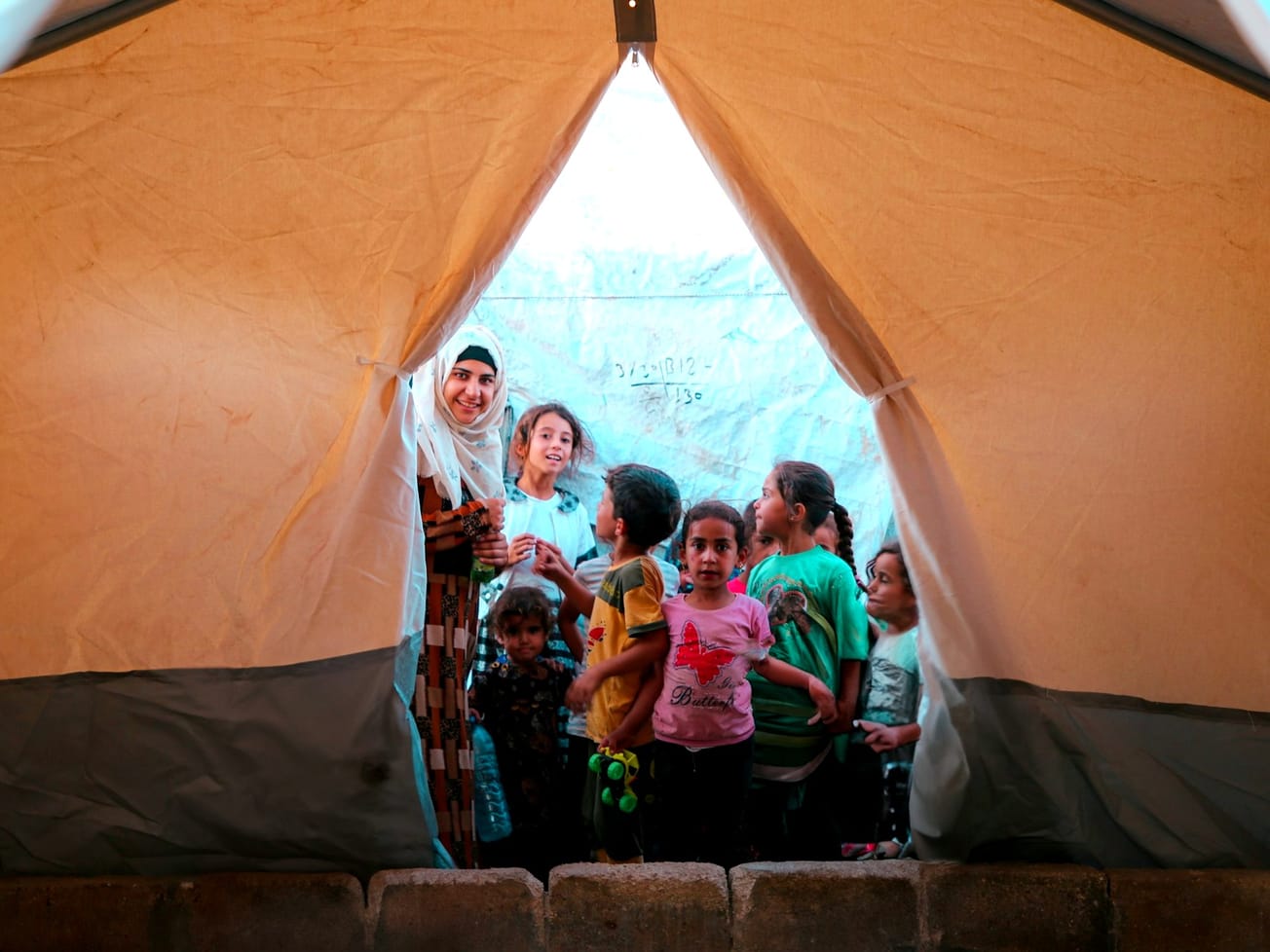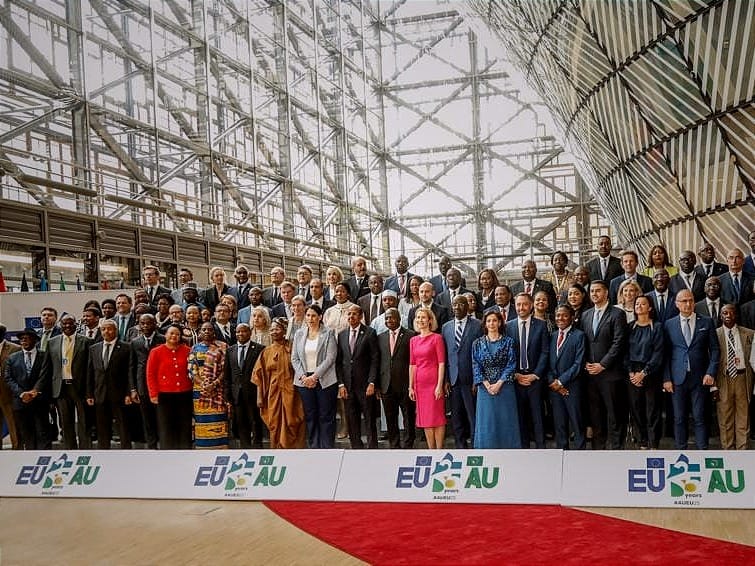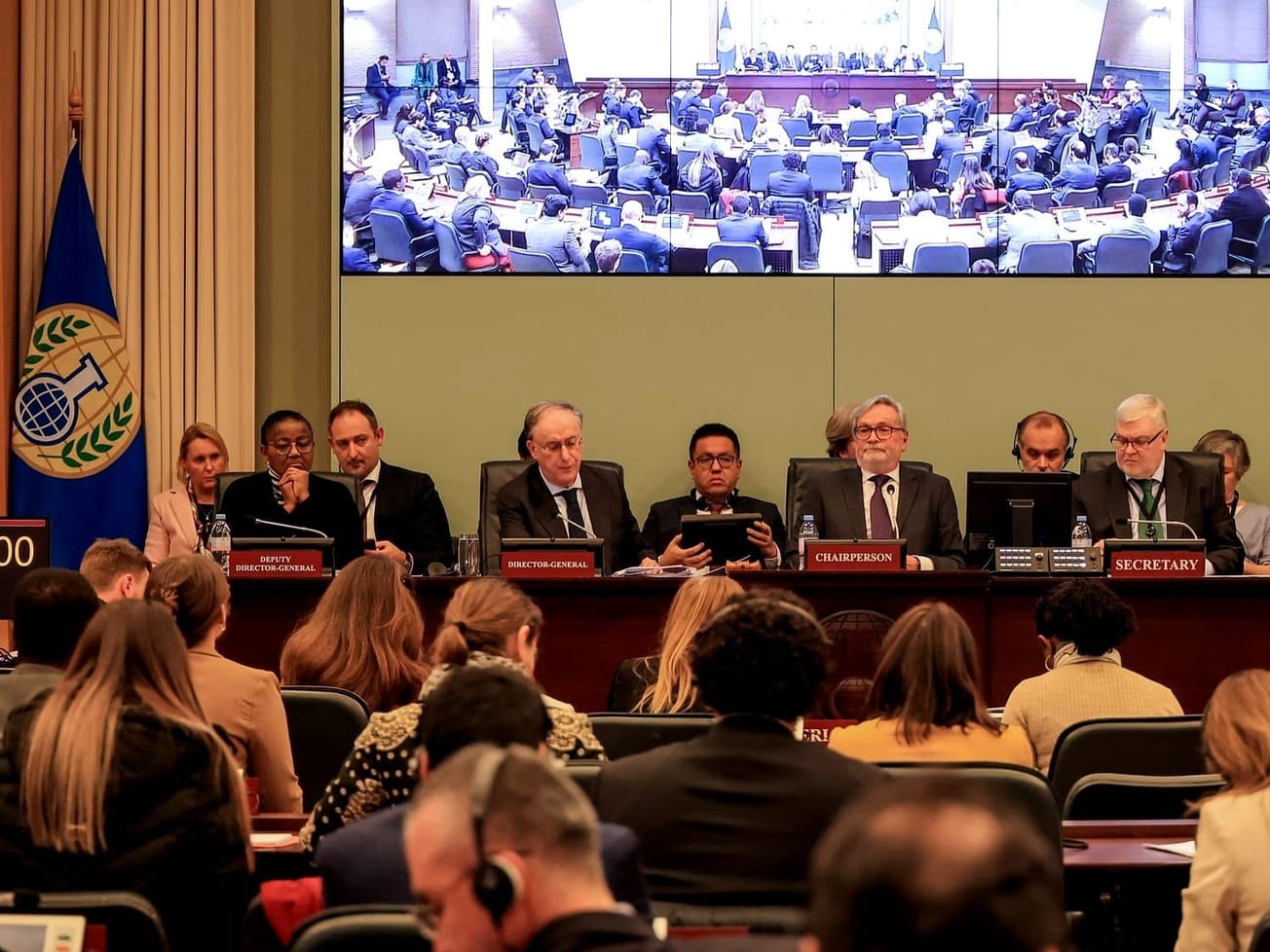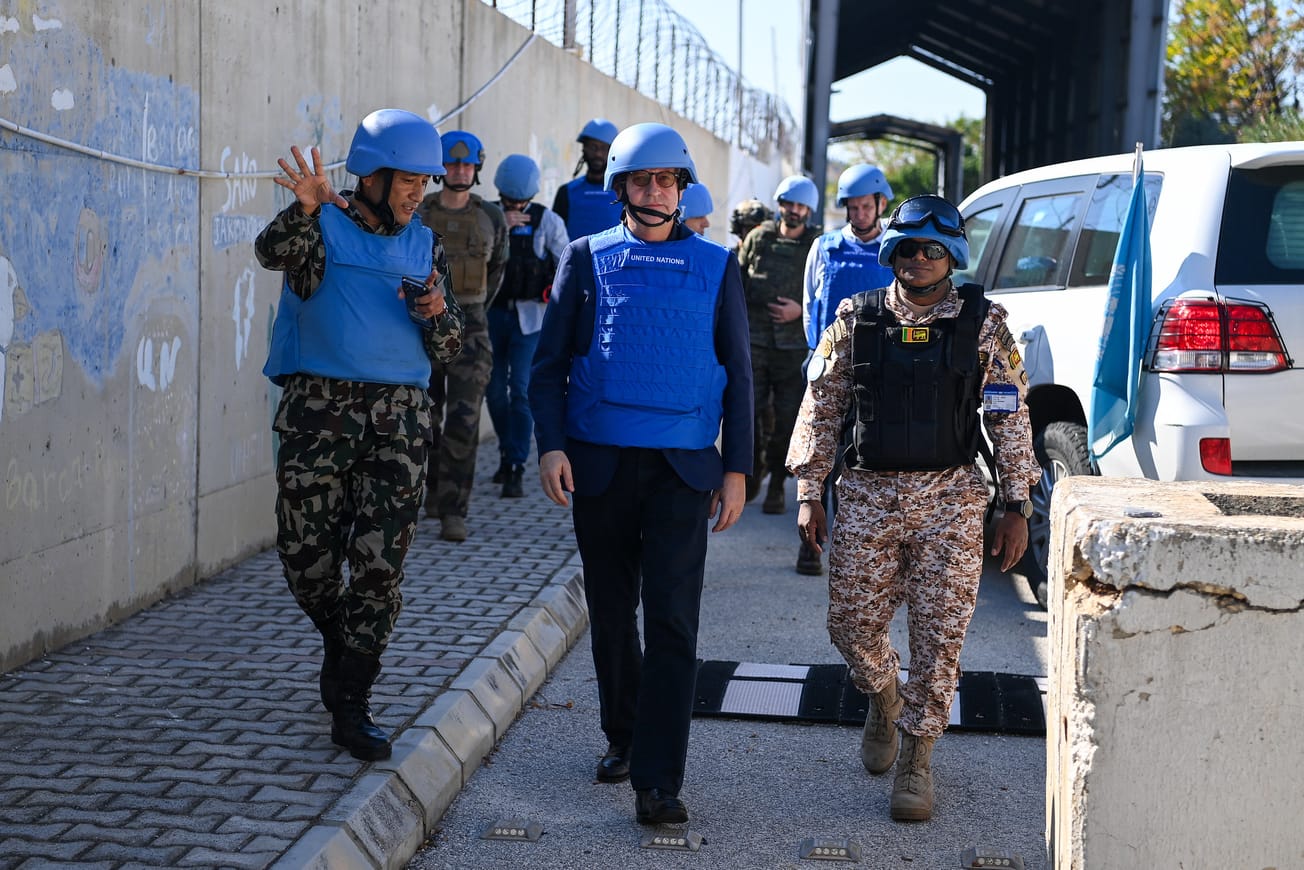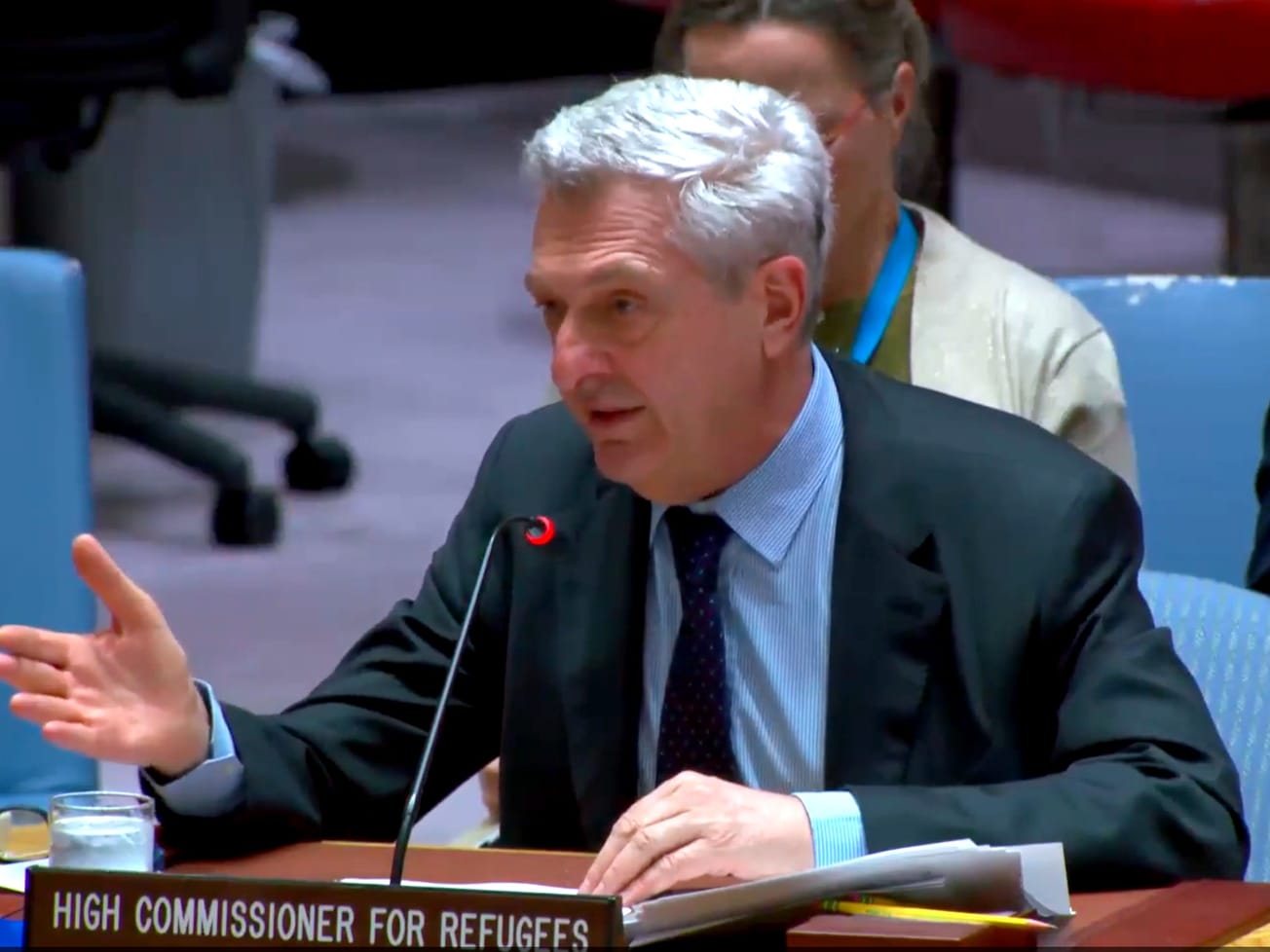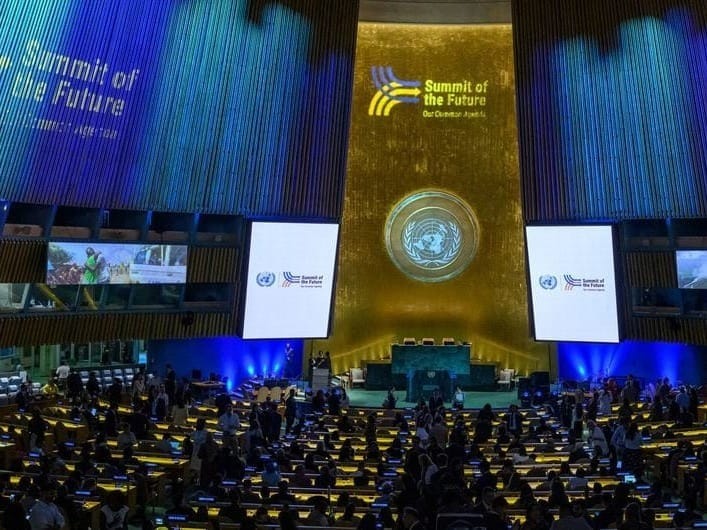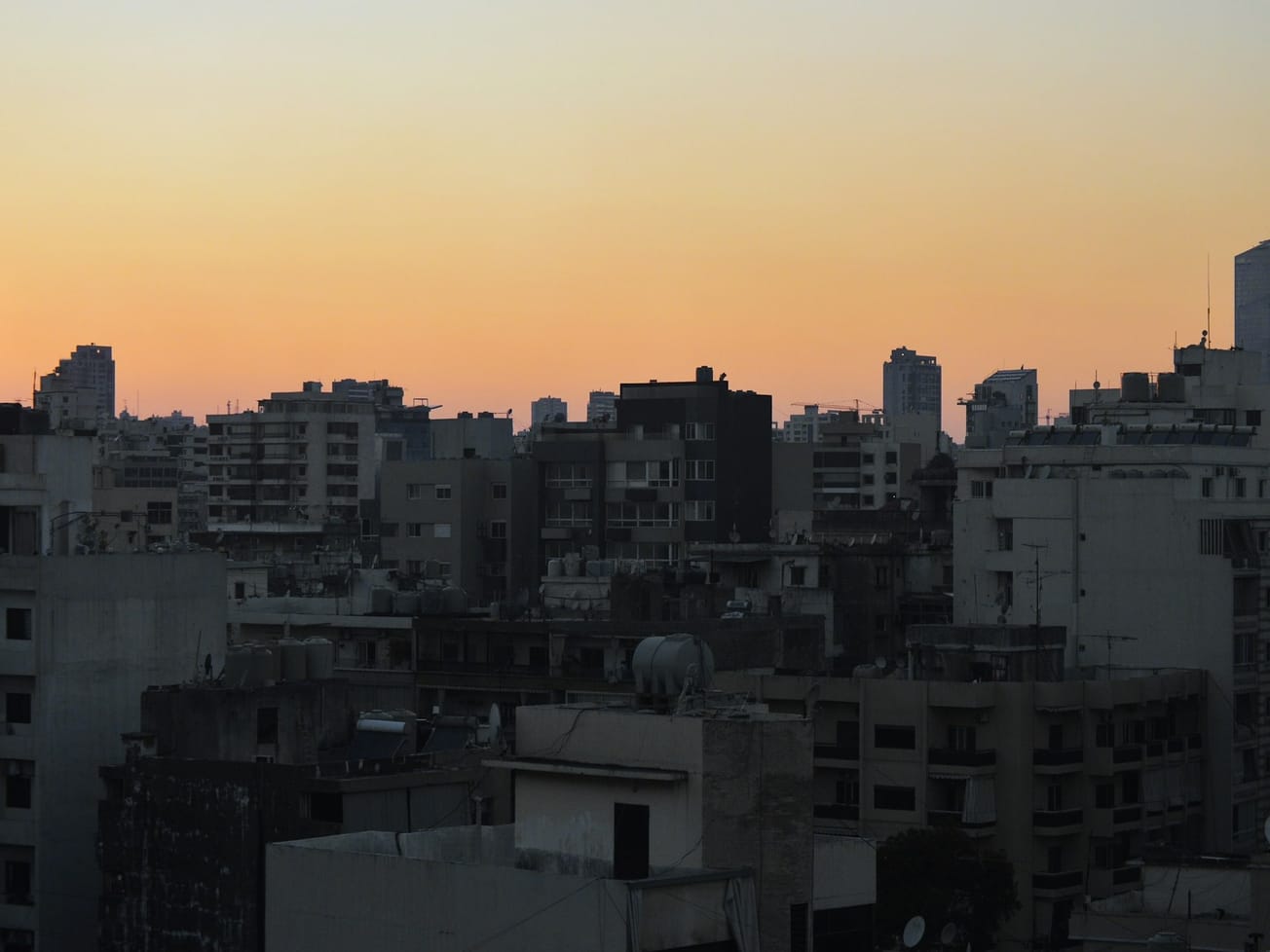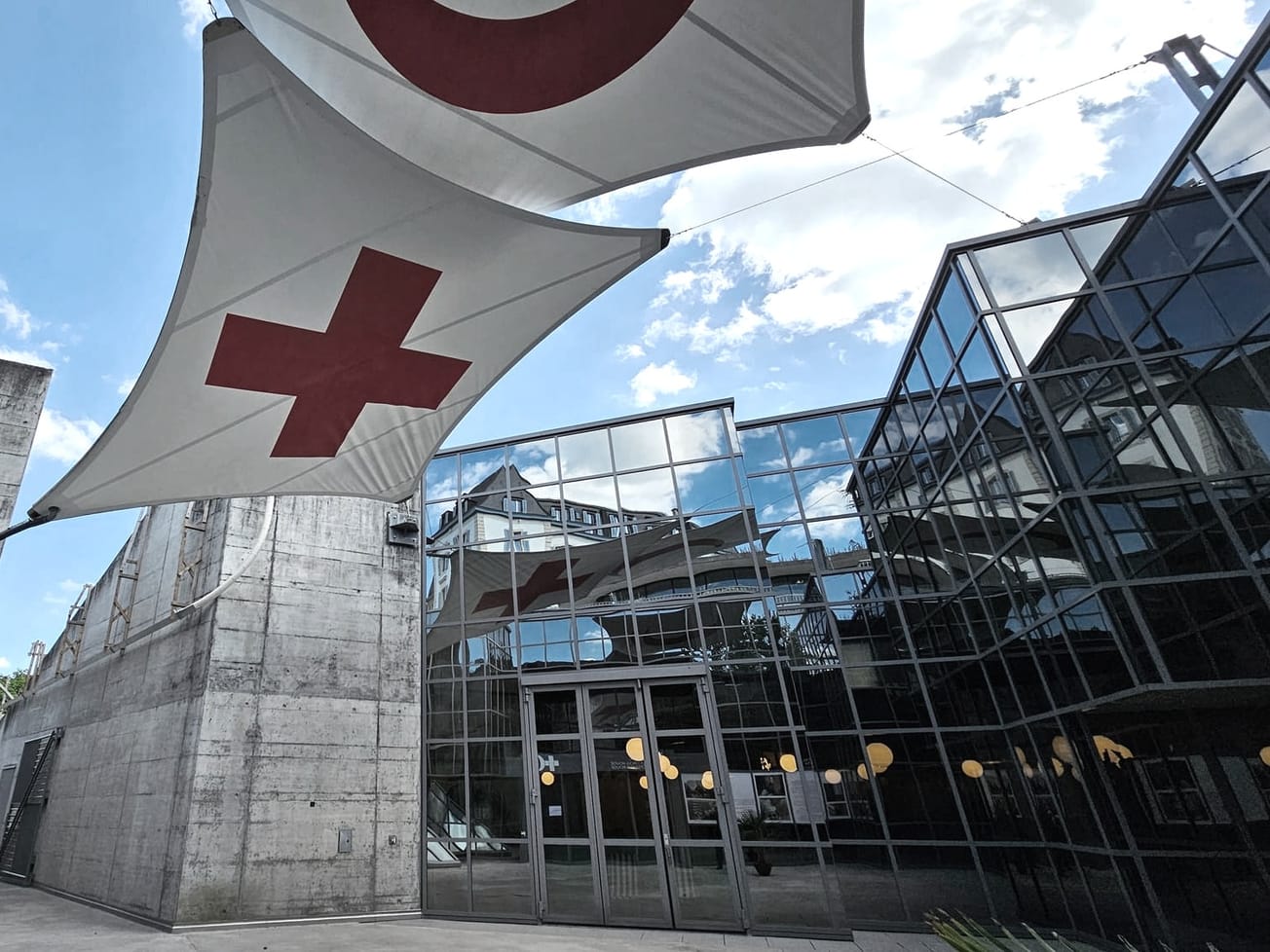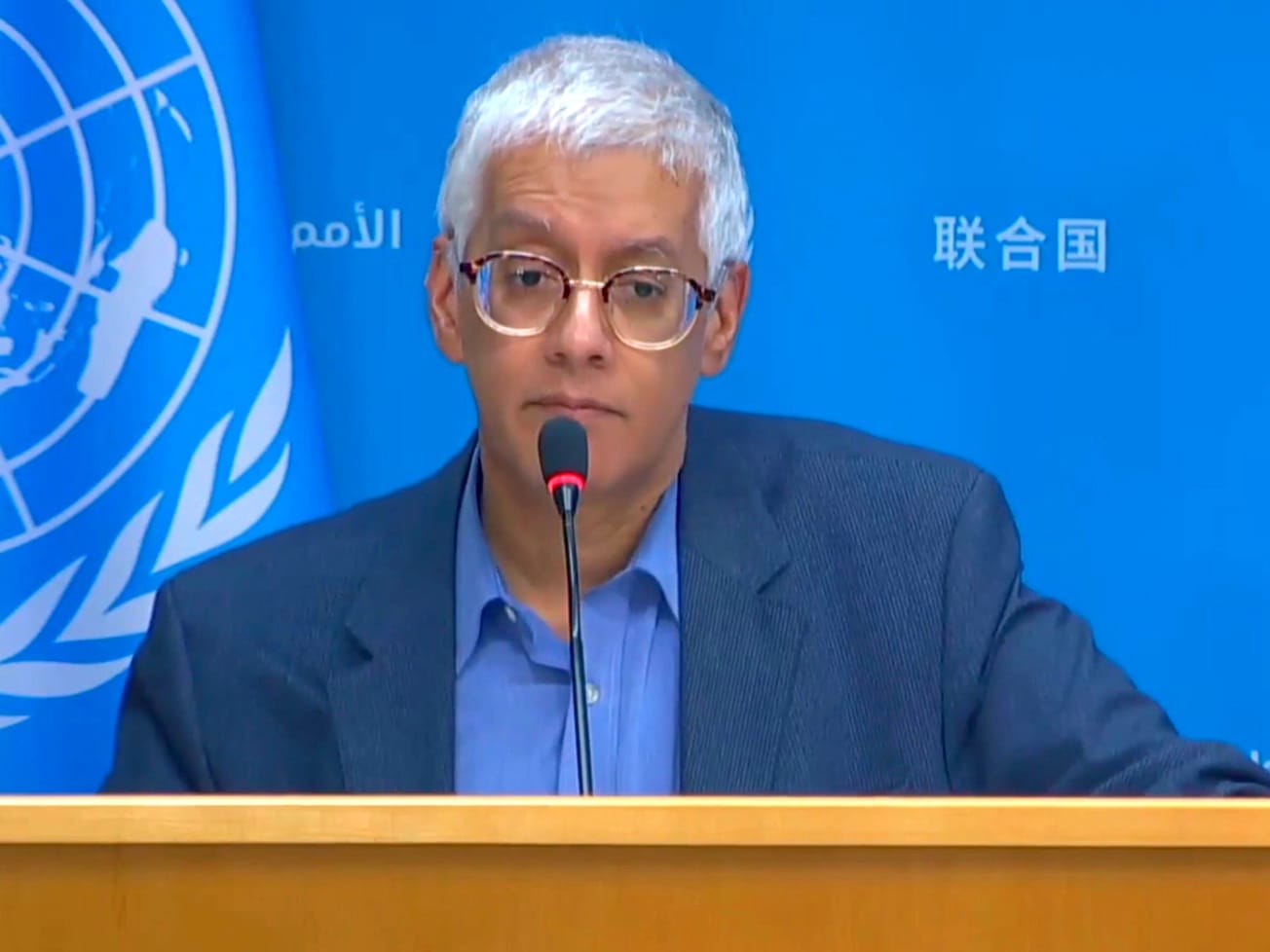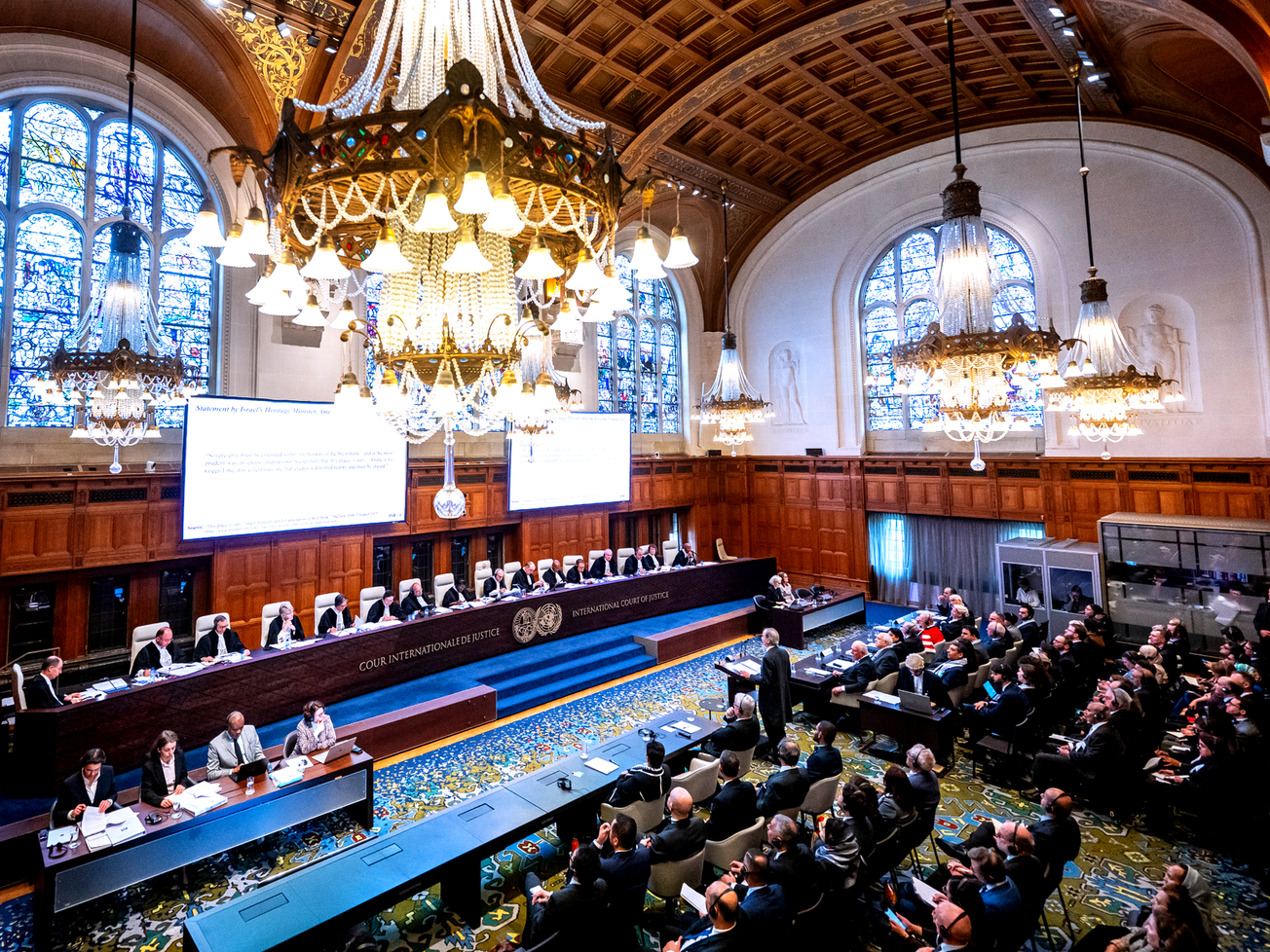
Rethinking refugee narrative and history from voices in the archives
Beyond official narratives and statistics are the complex realities and unexpected agency of displaced populations.
Already have an account? Log in
Beyond official narratives and statistics are the complex realities and unexpected agency of displaced populations.
The U.N. refugee agency says the people under its care more than doubled in a decade, reaching 36.8 million by last year.
Ministers urged creation of 'regional innovation ecosystems' that would include AI strategies and digital governance.
Health officials say millions of lives are at risk as the U.S. withdraws funding from treatment and prevention programs.
It was OPCW's first visit to Damascus since Bashar Assad's dramatic overthrow at the hands of Islamist-led rebels.
Scoop: The budget freeze is part of almost $700 million the U.N. refugee agency already received from the United States.
A technical team has worked for years to address the 'gaps, discrepancies and inconsistencies' in Syria’s disclosure.
Humanitarians scrambled to protect civilians as rebels toppled the Assad regime after a nearly 14-year civil war.
U.N. Security Council Resolution 1701, approved in 2006, is seen as a roadmap and the best hope for ending the war.
The U.N. high commissioner for refugees cites 'many instances of violations of international humanitarian law.'
The pact, approved by consensus, outlines 56 broad actions, including an explicit call to phase out fossil fuels.
U.N. human rights experts condemned the 'malicious manipulation of thousands of electronic pagers and radios.'
More than a third of the funds will support aid efforts for people in Yemen ($20 million) and Ethiopia ($15 million).
The four international treaties, which form the rules of war, have been ratified or acceded to by virtually all nations.
U.N. investigators found nine UNRWA staff members 'may have been involved' in Hamas' attacks on Israel last year.
The determination is the first time an international court weighed in on Israel’s occupation of Palestinian territory.
